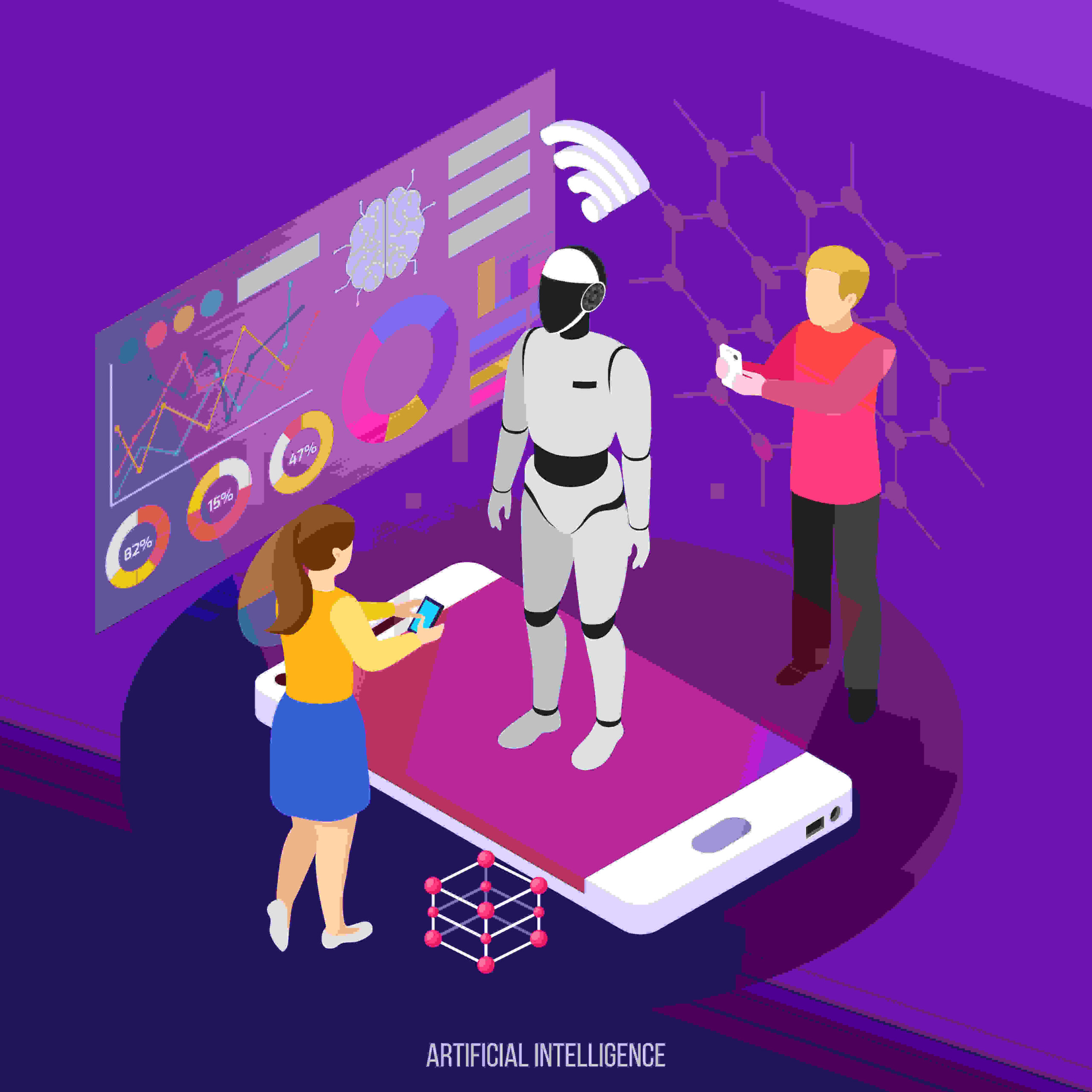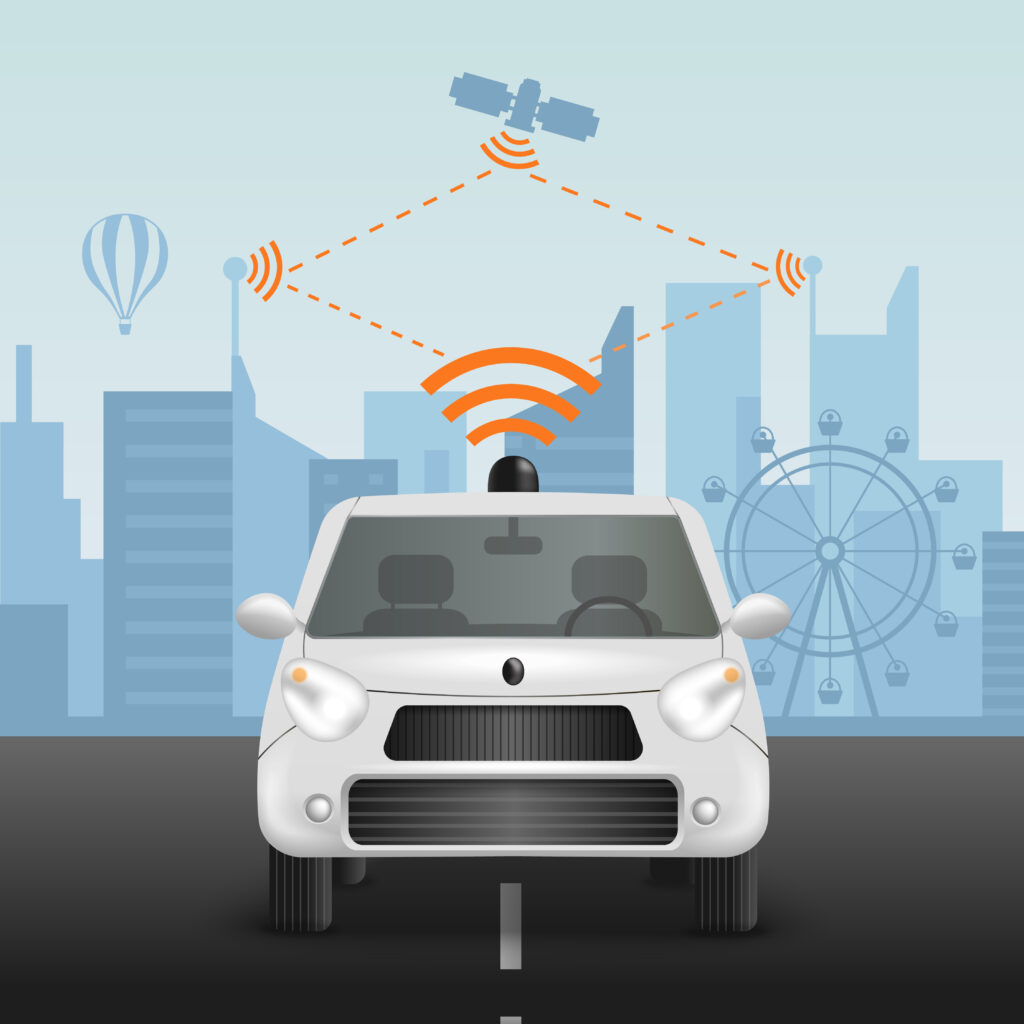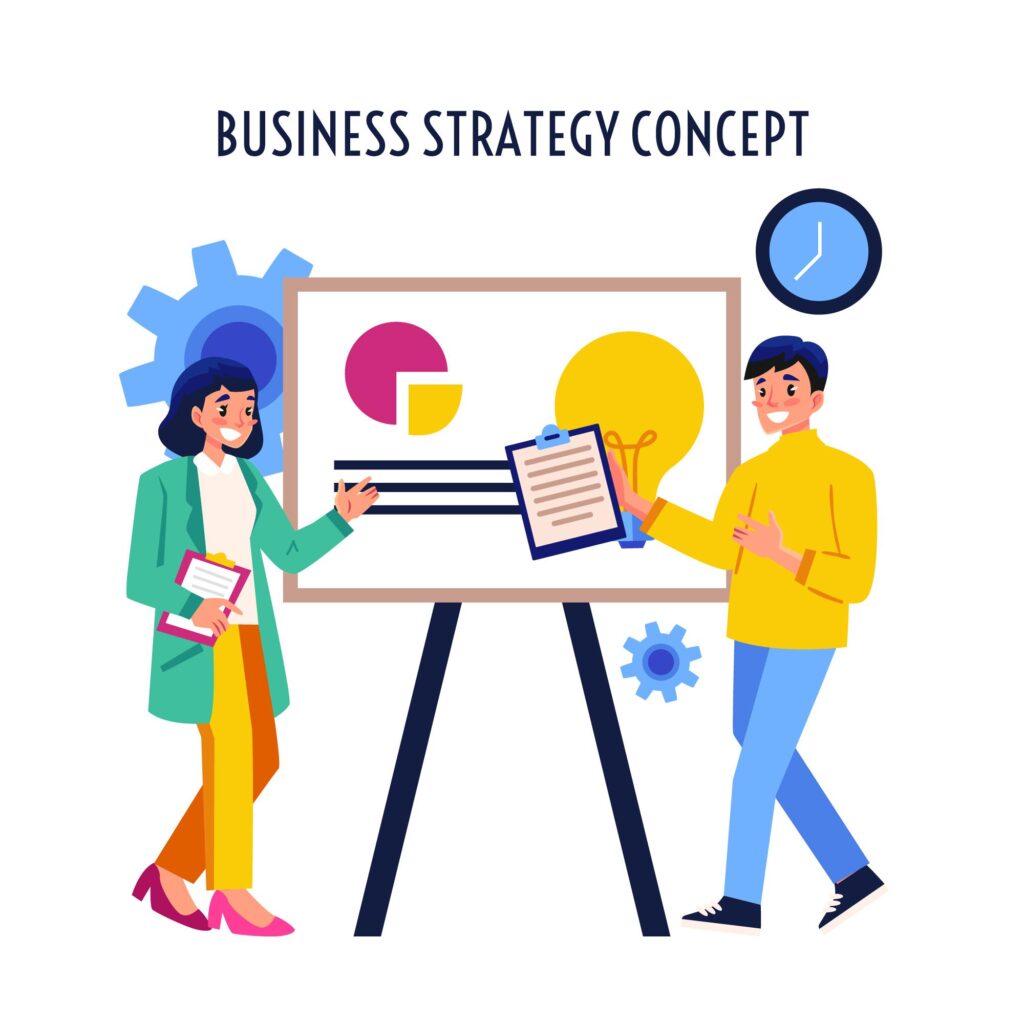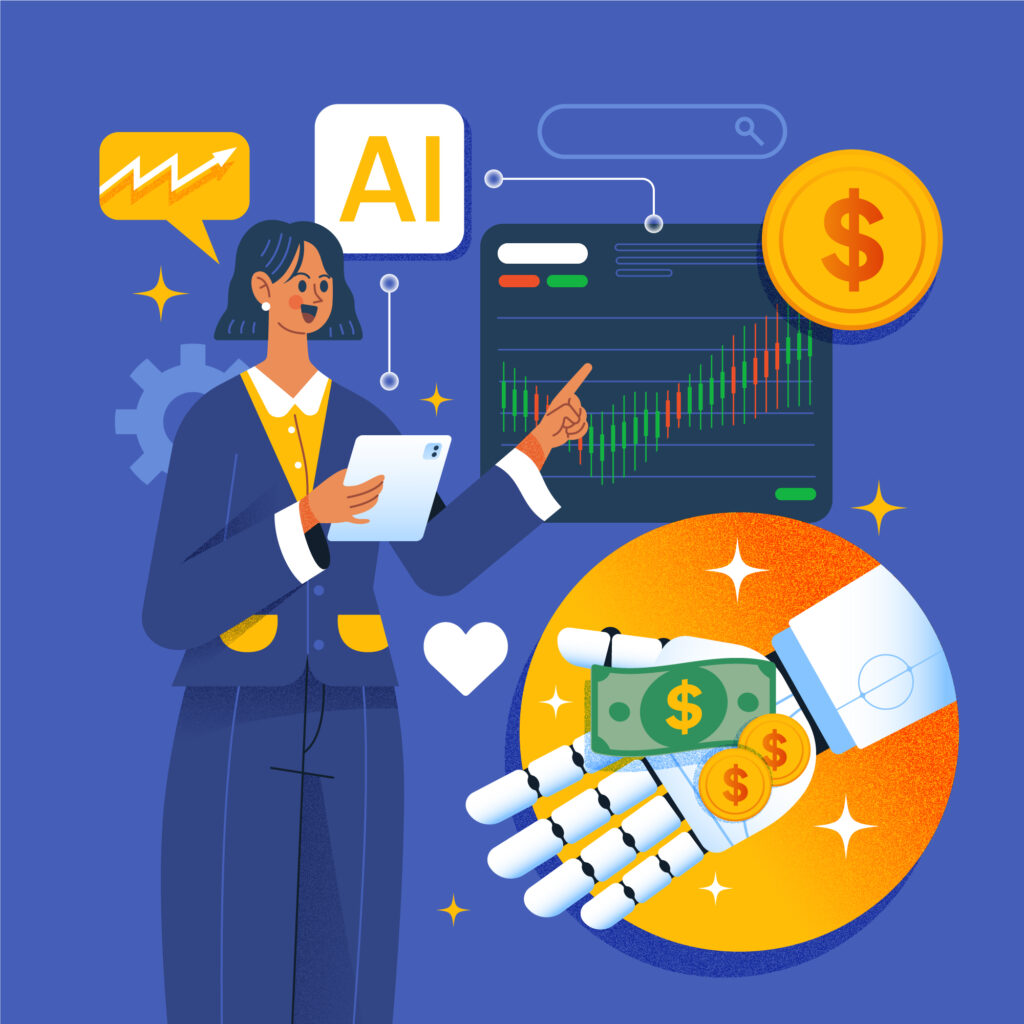Artificial Intelligence (AI) is set to make 2024 a year of innovation and transformation across various industries. As we step into the new year, it’s essential to understand the significant AI trends that will shape our future. This SEO-friendly blog post delves deep into the top 15 AI trends for 2024, providing a comprehensive overview of each trend, its implications, and potential applications. Let’s explore these trends in greater detail, using bullet points and symbols to keep things concise and easily digestible.
1. AI in Healthcare
- Enhanced Diagnostics: AI algorithms will continue to advance, ushering in A Revolution in Patient Care by improving the accuracy of disease detection. Medical professionals will rely on AI-driven tools for early diagnosis and treatment recommendations.
- Predictive Analytics: AI’s predictive power will extend to patient outcomes, enabling healthcare providers to allocate resources more efficiently and improve patient care.
- Personalized Treatment: AI will revolutionize treatment plans by analyzing patients’ data and tailoring therapies to their unique genetic makeup and medical history.
Also Read:- AI in Healthcare: Transforming Diagnosis and Treatment
2. AI-Powered Analytics
- Data Visualization: Advanced AI-driven data visualization tools will help businesses gain deeper insights from complex datasets, making data-driven decisions more accessible.
- Predictive Insights: AI will provide real-time predictive analytics, aiding businesses in forecasting market trends, customer behaviors, and more.
- Fraud Detection: AI will continue to play a critical role in fraud detection, ensuring enhanced security in financial and online transactions.
3. Robotics and Automation
- Collaborative Robots: In manufacturing and beyond, collaborative robots (cobots) will work side by side with human employees, increasing productivity and safety.
- Autonomous Vehicles: AI-powered self-driving cars and trucks will become more common, revolutionizing transportation and logistics.
- Smart Factories: AI-driven automation will lead to smart factories that optimize production processes, reduce waste, and cut costs.
4. Neuromorphic Computing
- Brain-Inspired Chips: Neuromorphic computing will gain momentum, mimicking the human brain’s neural architecture to create more efficient and adaptable AI systems.
- Improved Energy Efficiency: These neuromorphic chips will consume less power, making AI devices more energy-efficient and sustainable.
- Faster Learning Algorithms: Neuromorphic AI will be capable of rapid learning and adapting to new tasks, paving the way for more versatile applications.
5. Quantum Computing and AI
- Quantum Supremacy: Quantum computing will intersect with AI to tackle complex problems that were previously unsolvable, such as optimizing supply chains and drug discovery.
- Improved Optimization: Quantum AI will revolutionize optimization problems, impacting fields like logistics, cryptography, and resource allocation.
- Enhanced Security: Quantum encryption will safeguard AI-generated data, addressing privacy concerns and ensuring secure communication.
6. Natural Language Processing (NLP) Advancements
- Conversational AI: NLP models will become more conversational, leading to more natural interactions with virtual assistants, chatbots, and customer support systems.
- Multilingual AI: AI systems will become proficient in multiple languages, facilitating global communication and content generation.
- Content Generation: NLP-powered AI will produce high-quality, human-like content for various industries, from journalism to marketing.
7. AI in Drug Discovery
- Accelerated Research: AI will expedite drug discovery by analyzing massive datasets and identifying potential candidates for drug development.
- Drug Repurposing: AI algorithms will discover new uses for existing medications, reducing costs and time in bringing new treatments to market.
- Personalized Medicine: AI will enable the customization of treatment plans based on an individual’s genetics, optimizing therapeutic outcomes.
8. Environmental Impact
- Climate Modeling: AI will play a pivotal role in addressing The Next Frontier of understanding and mitigating climate change by simulating climate scenarios and suggesting effective interventions.
- Weather Prediction: Advanced AI models will enhance weather forecasting accuracy, helping communities prepare for natural disasters and extreme weather events.
- Sustainable Agriculture: AI-driven precision agriculture will revolutionize farming practices, optimizing crop yields, conserving resources, and reducing environmental impact.
9. E-commerce and AI
- Personalized Shopping: AI-powered recommendation systems will provide shoppers with highly personalized product suggestions, improving user experience and increasing sales.
- Chatbots for Customer Service: AI-driven chatbots will offer efficient and 24/7 customer support, addressing inquiries and resolving issues in real time.
- Inventory Management: AI will optimize inventory management, reducing costs through better demand forecasting and supply chain optimization.
10. AI Ethics and Regulation
- Ethical AI: The ethical considerations surrounding AI will be in the spotlight, with an emphasis on fairness, transparency, and accountability in AI algorithms.
- International Standards: International collaborations will aim to establish unified AI regulations, addressing concerns related to data privacy and responsible AI deployment.
- Privacy Concerns: The increasing focus on data privacy will lead to stricter regulations and innovative AI solutions that protect personal data while still enabling valuable AI-driven services.
11. AI in Finance
- Algorithmic Trading: AI will continue to dominate financial markets with sophisticated algorithmic trading strategies that respond to market dynamics in real-time.
- Risk Assessment: AI will enhance risk assessment models, helping financial institutions better evaluate creditworthiness, investment opportunities, and market volatility.
- Fraud Prevention: Financial institutions will rely on AI for advanced fraud detection and prevention, safeguarding transactions and customer assets.
12. AI in Gaming
- Realistic Graphics: AI-driven rendering techniques will create visually stunning and realistic gaming experiences, pushing the boundaries of graphic quality.
- AI Opponents: In-game AI will become more intelligent, adaptive, and capable of providing challenging gameplay experiences that feel dynamic and lifelike.
- Game Design Assistance: AI will assist game developers in designing levels, characters, and mechanics, streamlining the game development process and enhancing creativity.
13. AI in Imaging and Photography
- Image Enhancement: AI-powered photo editing and retouching tools will become more accessible, enabling users to enhance their photos effortlessly.
- Style Transfer: AI algorithms will transform photos into various artistic styles, offering new creative possibilities for photographers and artists.
- Autonomous Drones: AI-equipped drones will capture stunning aerial photographs and videos, making aerial photography more accessible and versatile.
14. AI in Smart Cities
- Traffic Management: AI-powered traffic management systems will optimize traffic flow, reduce congestion, and improve commute times in urban areas.
- Public Safety: AI-driven surveillance systems will enhance public safety by identifying and responding to security threats in real time.
- Energy Efficiency: Smart cities will leverage AI to manage energy consumption efficiently, reduce carbon footprints, and promote sustainability.
15. AI in Education
- Personalized Learning: AI will usher in an era of Personalized Learning for All, customizing educational experiences to suit individual student needs, adapting content and pacing to optimize learning outcomes
- Career Guidance: AI-driven career guidance platforms will help students make informed decisions about their educational paths, aligning their skills with future job opportunities.
- Content Creation: AI-generated educational materials will simplify the process of creating engaging and informative content for educators, students, and e-learning platforms.
Conclusion:
As 2024 unfolds, AI will continue to shape our world in unprecedented ways. These 15 AI trends highlight the breadth and depth of AI’s impact, from healthcare and finance to gaming and education. To harness the full potential of AI, it’s essential to stay informed about these trends and actively explore how they can be applied to your industry or area of interest.
Moreover, the ethical considerations surrounding AI will remain at the forefront of discussions. As AI technologies advance, so too will our responsibility to ensure that they are developed and deployed ethically and in compliance with international standards.
In summary, the year 2024 promises to be an exciting and transformative time for AI. By staying informed and embracing these trends responsibly, we can collectively work towards a future where AI enhances our lives, addresses societal challenges, and contributes to a more sustainable and equitable world.



